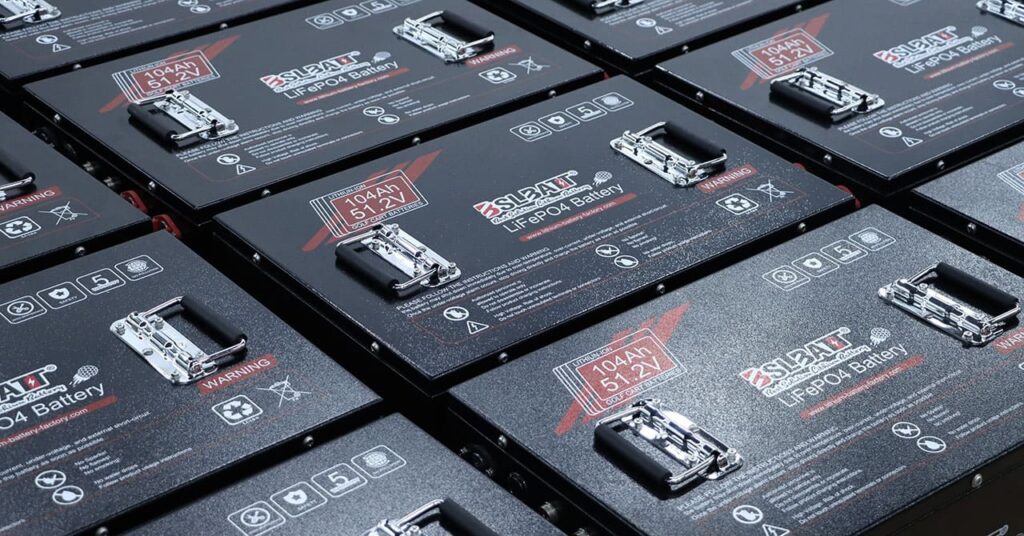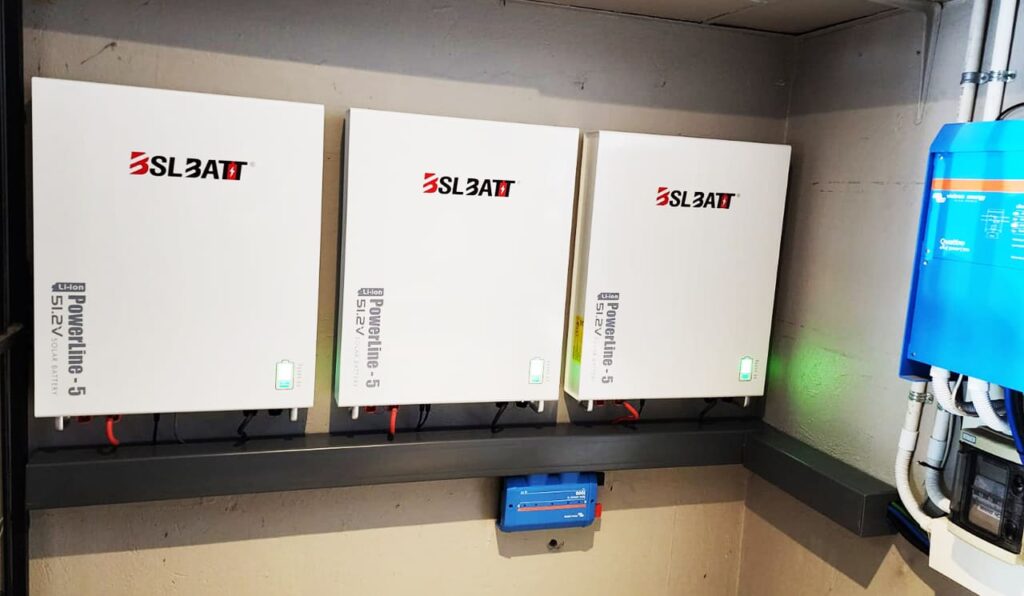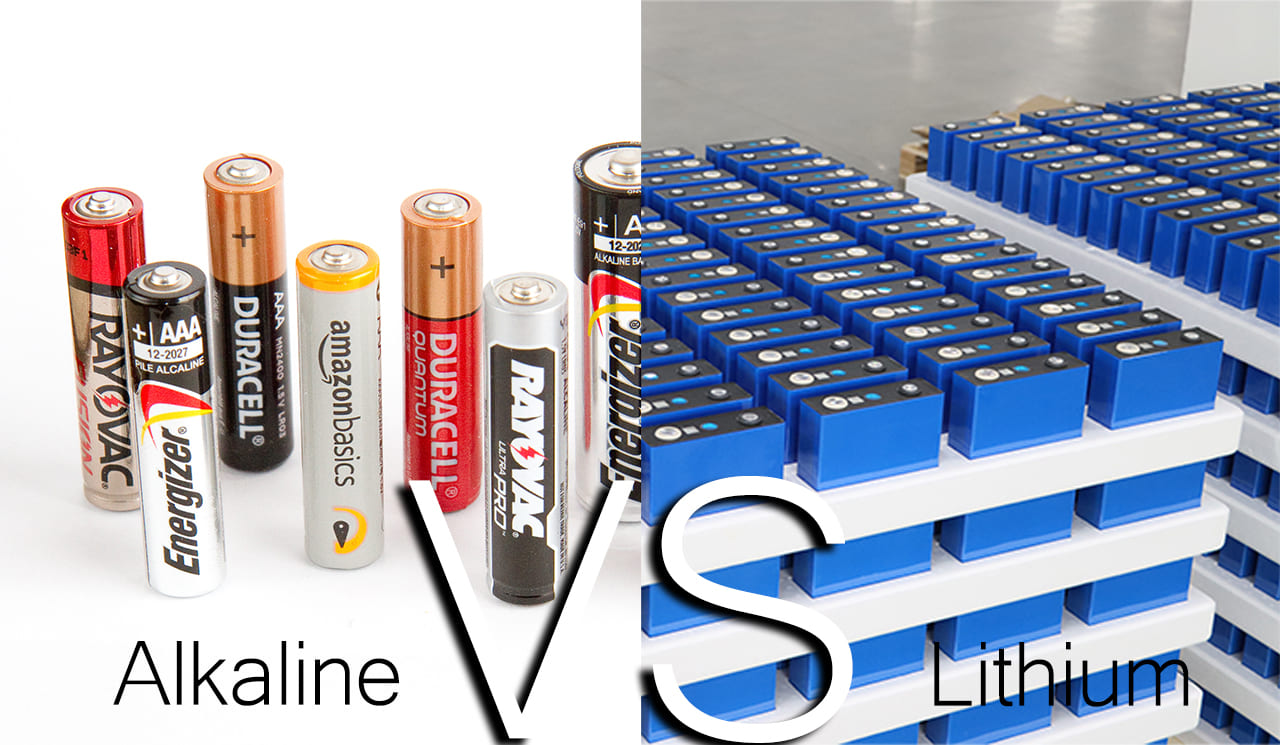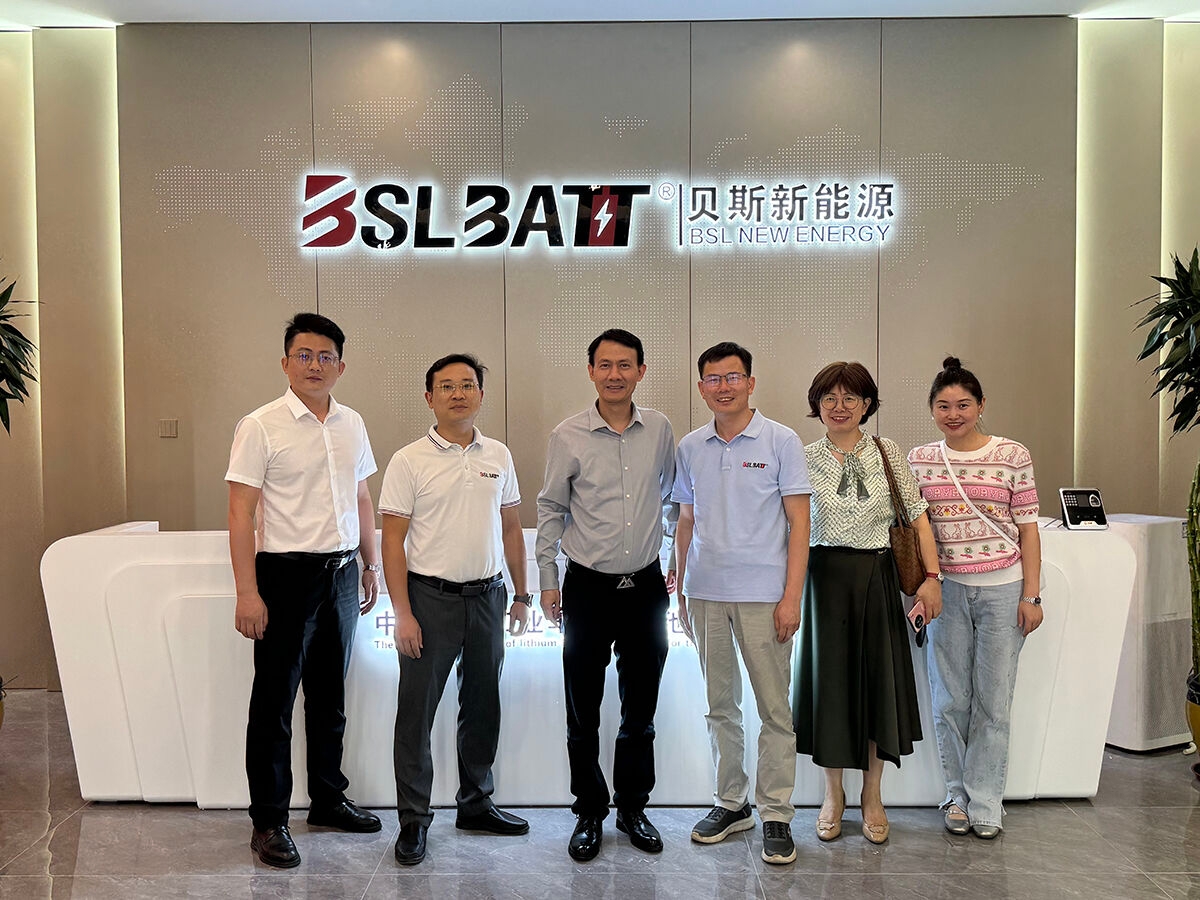In 1970, M.S. Whittingham of Exxon made the first lithium battery using titanium sulfide as the positive electrode material and lithium metal as the negative electrode material. The official commercialization of lithium batteries was in 1992 by Sony’s successful development, so far, the development of lithium batteries has been more than 50 years.
Now lithium batteries are widely used in people’s daily lives, these applications include cell phones, laptops, cameras, power tools and even electric cars, if you want to know what other practical applications of lithium batteries, follow the article, you will have a clearer perception of lithium batteries.
What Are Lithium Batteries?
Lithium batteries are rechargeable batteries that utilize lithium ions to store and release energy. They work by moving lithium ions between two electrodes (positive and negative) through an electrolyte.
How do lithium batteries work?
Lithium batteries work similarly to lead-acid batteries, but the positive and negative materials used, and the electrolyte are completely different.

When the battery is charged, lithium ions are removed from the cathode and move through the electrolyte to the anode. The anode is usually made of carbon and has a layered structure that allows lithium ions to be embedded and de-embedded. As lithium ions flow to the anode, electrons are released and flow through an external circuit, creating an electric current.
During discharge, the opposite occurs. Lithium ions move from the anode back to the cathode, releasing stored energy. This movement of the ions allows the battery to power electronic devices or provide energy for other applications. It is this ability to transfer lithium ions reversibly between electrodes that give lithium batteries their rechargeable nature.
In addition to this, lithium batteries contain a diaphragm that prevents the electrodes from making direct contact and causing a short circuit. The diaphragm is usually a microporous film that allows lithium ions to pass through while preventing the movement of electrons.
Based on this principle of operation, lithium batteries can store and release energy, which has gradually made them one of the most efficient and versatile power sources.
The Importance of Lithium Batteries
Compared to batteries of other chemistries, lithium batteries have several advantages such as high energy density, long-lasting performance, fast charging, low self-discharge rate, wide temperature range, and environmental friendliness, and the combination of these advantages makes lithium batteries an attractive option for a wide range of applications.
The practicalization of lithium batteries has made it possible to greatly reduce the weight and size of people’s portable electronic devices such as cell phones, notebooks and calculators.
Different Applications of Lithium Batteries
Medical equipment
Lithium batteries were first used in pacemakers. The advantages of lithium batteries, such as extremely low self-discharge rate and flat discharge voltage, allow pacemakers implanted in the human body to operate for long periods without recharging.
Currently, medical devices are gradually developing in the direction of miniaturization and lightweight to meet the needs of medical assistance and complex work scenarios. Lithium batteries are small in size, high in energy density, and have a long service life to meet the needs of lightweight and mobility of medical equipment. At present, more equipment has adopted lithium batteries, such as medical infusion pumps, convenient ultrasound machines, emergency X-ray machines and so on.
Portable Electronics
Also to meet the demand for lightweight use, smaller lithium batteries are widely used in portable electronic products such as cell phones, watches, laptops, cameras, Bluetooth earphones and other products. The high energy density and durability of lithium batteries can meet the needs of these devices for long hours of operation.
Advantages of using lithium batteries in electronic products:
- Fast charging, and can be charged anytime and anywhere.
- Easy to replace the battery when it is damaged, even at home.
- Lithium batteries are very durable, life expectancy is usually 3-5 years
- Lithium batteries are lighter and easier to carry
- Lithium batteries have a wider range of operating temperatures and can be adapted to a wide range of environments.

Powering Electric Vehicles (EVs)
The rise of electric vehicles (EVs) has been made possible, in large part, by the development of lithium batteries. EVs require a reliable and high-capacity power source to provide the necessary energy for extended travel distances. Lithium batteries offer the energy density and cycle life needed for electric vehicles to achieve reasonable driving ranges and long-term durability. The ability to recharge lithium batteries also allows EV owners to easily recharge their vehicles at home or public charging stations.
Furthermore, the lightweight nature of lithium batteries contributes to the overall efficiency of electric vehicles by reducing the weight of the battery pack. A lighter battery pack means less energy is required to propel the vehicle, resulting in increased range and improved performance. At the same time, the development of electric vehicles meets the global goal of low-carbon energy, and they are more energy-efficient and environmentally friendly than traditional gas vehicles.
Industrial Equipment
The figure of lithium batteries also gradually appeared in the field of industrial equipment, used to replace lead-acid batteries, such as in the field of electric forklifts, stacker trucks, sweepers, etc., the use of lithium batteries have doubled every year, due to the lithium batteries are maintenance-free, durability is higher, faster charging, etc., you can greatly improve the efficiency of the work of the industrial equipment for the enterprise to obtain cost savings. The traditional lead-acid batteries need to be regularly filled with water, and the service life is only 2-3 years, it is difficult to meet the needs of more frequent work.

BSLBATT is a specialist in lithium battery solutions for forklifts in the industrial equipment sector. We provide cost-effective, longer-running and faster-charging lithium battery solutions for forklift brands such as Comblift, Toyota, Hyundai, Yale and many others.
Lithium Batteries in Renewable Energy Systems
Renewable energy sources such as solar and wind power are becoming increasingly important in the transition to a greener and more sustainable future. However, these energy sources are intermittent, meaning that they generate electricity only when the sun is shining or the wind is blowing. To address this issue, lithium batteries are used in renewable energy systems to store excess energy generated during peak production periods.
By storing the excess energy in lithium batteries, it can be used later when the electricity demand is higher or when renewable energy sources are not generating power. This helps to stabilize the power grid and make renewable energy sources more reliable and efficient. Lithium batteries enable the efficient utilization of renewable energy, reducing the reliance on fossil fuels and contributing to a cleaner environment.
In addition to this, the use of lithium batteries in residential and commercial/industrial applications can help these end-users save money on power costs, with solar cells that will store free solar energy and release it during power peaks. Get your residential or commercial and industrial or cost-effective lithium solar battery solution.
Lithium in Aerospace Applications
With the modernization of military warfare, high-performance weapons and equipment need to be reliable, safe, environmentally adaptable, high energy than the energy storage equipment to meet its stable operation, so lithium batteries are also with the development of technology in the national defense and the military came into prominence.
In the field of military defense, lithium batteries cover the land (man-portable systems, army combat vehicles, military communications equipment, robotic fighters), sea (submarines, underwater robots), air (warplanes, unmanned warplanes), the sky (satellites, spaceships) and other types of military. Lithium battery technology is no longer a mere industrial technology, it is a stake in the development of the information industry and new energy industry but has also become an indispensable and important energy source for modern and future military equipment.
Future Developments in Lithium Battery Technology
Through the statistical report of big data, in the future development of lithium batteries, there is more focus on long life, improved energy density and safety, fast charging, solid-state batteries, high capacity, large-scale and intelligent as well as reusable. The calls for long life and improved energy density and safety accounted for the highest percentage, both at 23%.
Key areas of focus for the future development of lithium batteries:
Increasing Energy Density: Researchers are working to develop materials and electrode designs that can further increase the energy density of lithium batteries. Higher energy density will allow the battery to last longer and potentially enable new applications to provide more energy in a smaller volume.
Fast charging capability: Efforts are underway to develop lithium batteries that charge faster. This will shorten the time needed to charge devices and electric vehicles, making them more convenient and practical for everyday use.
Enhanced safety: Improving the safety of lithium batteries is still a top priority. Researchers are exploring new materials and technologies to enhance the stability and thermal management of lithium batteries, minimizing the risk of thermal runaway or other safety-related issues.
Sustainability and recycling: As the demand for lithium batteries continues to grow, so does the focus on making the production and recycling processes more sustainable.
Environmental Considerations and Sustainability
The environmental friendliness and sustainability of lithium batteries have become a key concern for lithium battery engineers. Through the optimization of resource utilization, recycling of used batteries and research and development of new technologies, the environmental challenges facing the lithium battery industry can be gradually solved in the future and the goal of sustainable development can be achieved. At the same time, the joint efforts of the government, enterprises and the public are also the key to promoting the lithium battery industry in a more environmentally friendly and sustainable direction. It is hoped that shortly, lithium batteries will be able to better meet people’s energy needs and protect our environment at the same time.

Conclude
Lithium batteries are so powerful that they have been able to meet people’s energy needs in a multitude of areas and are performing beyond expectations. High energy density, long life, fast charging and no maintenance have made them a fast-growing alternative to lead-acid.
As a specialist in lithium batteries, BSLBATT offers the best lithium battery solutions for personal or commercial applications including material handling, energy storage, marine and power. Rest assured that your project is in good hands with us and we will provide you with a 10-year warranty and technical service.






